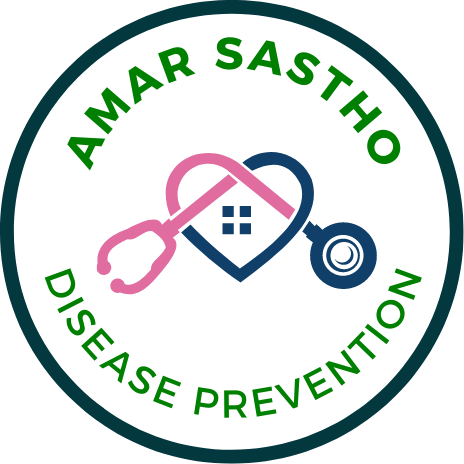Sadness, feeling down, and having a loss of interest or pleasure in daily activities are familiar feelings for all of us. But if they persist and affect our lives substantially, the issue may be depression. More specifically we can say that, depression (major depressive disorder) is a common and serious medical illness that negatively affects how you feel, the way you think and how you act. Fortunately, it is also treatable.
Most of us have experienced being down and out. Especially as adolescents, where we’re hit with physical, emotional, social and psychological changes all at once. And the stresses of school, relationships, and unrealistic expectations seem to be magnified a million times. According to international statistics, depression is an epidemic, with teenagers and youths in their early twenties being especially vulnerable. Almost 8% of teenagers are affected by depression, with suicide being the second leading cause of death among adolescents worldwide. Research has found that more than one third of young people who struggle with depression don’t seek help at all.

